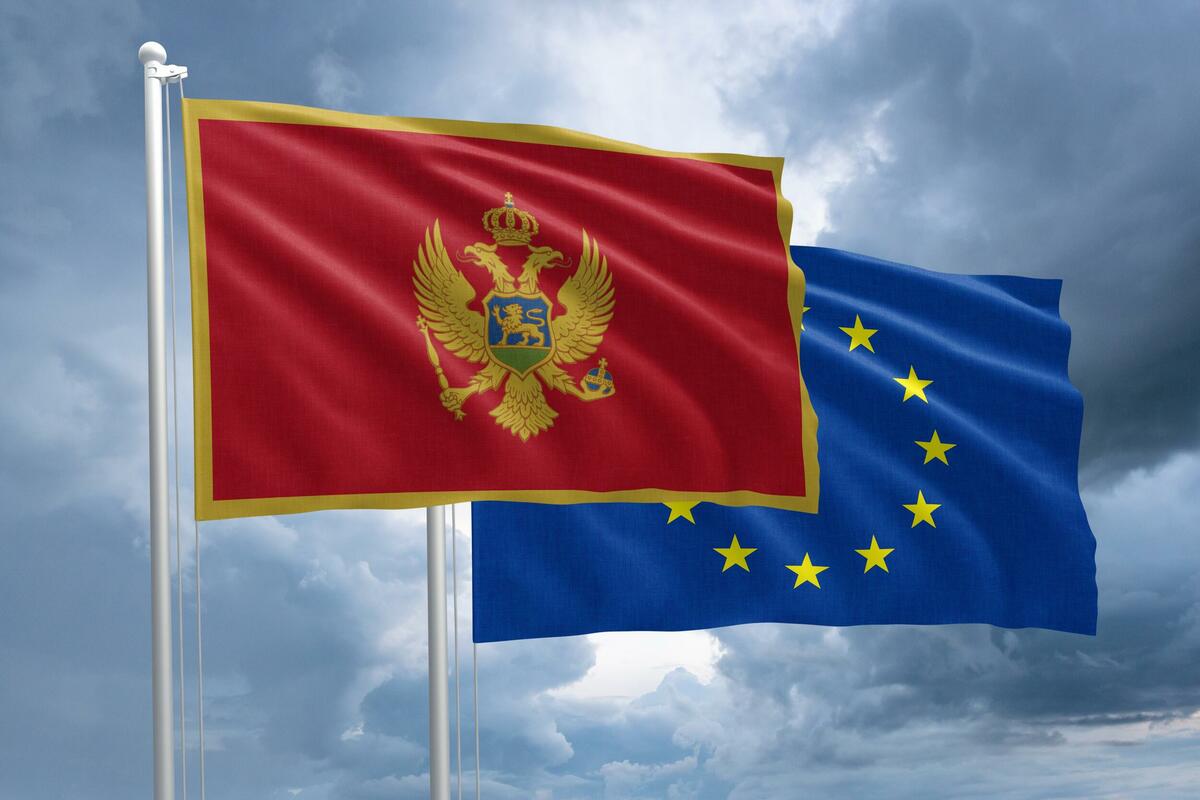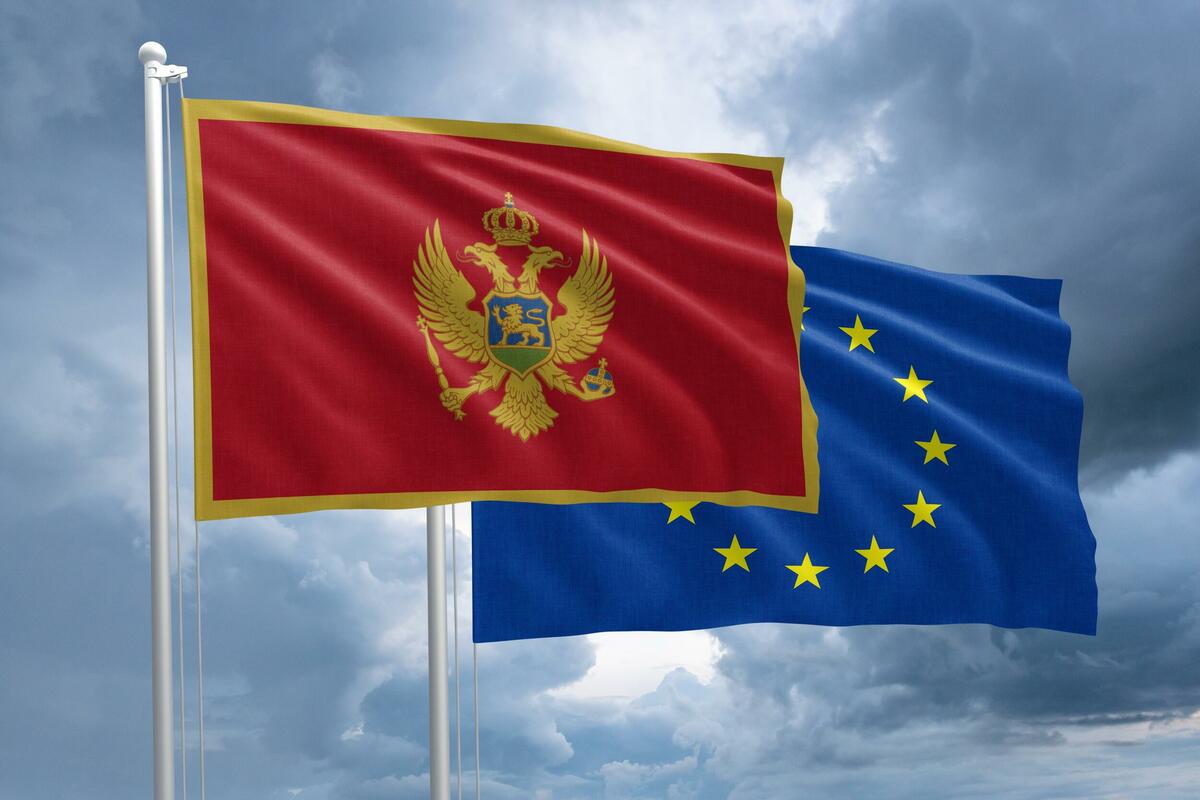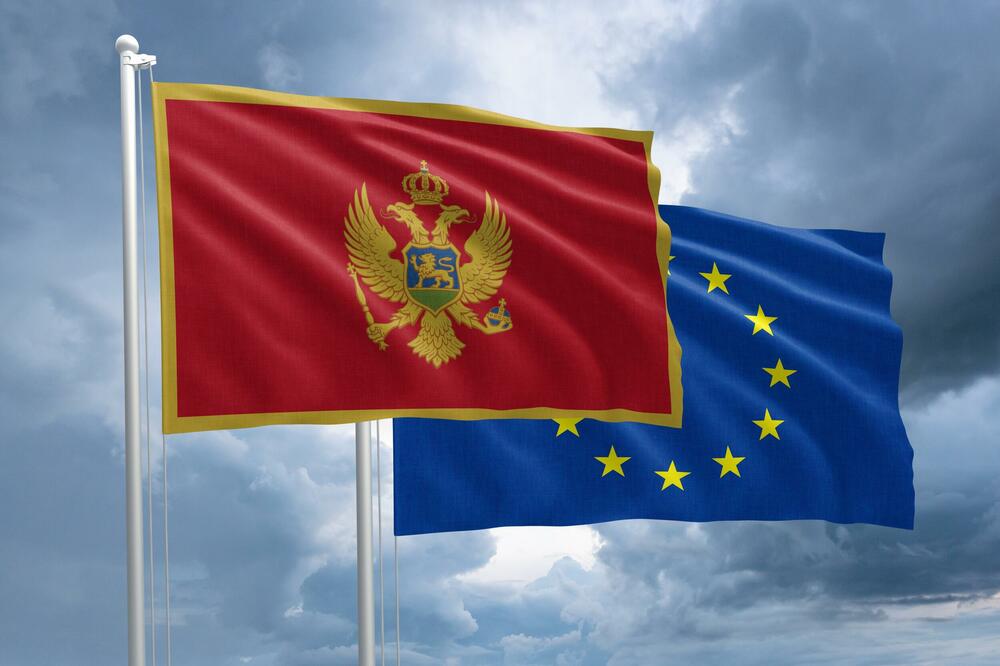Montenegro has officially closed only one chapter in its EU accession talks today — Chapter 5 on public procurement. Is this a success or a disaster? While the government trumpets big progress, experts and the opposition warn that this is far below expectations and a cause for concern, not optimism.
Zvezdana Kovač from the Center for Civic Education clearly states that progress should not be measured solely by the number of chapters closed, but by real reforms meeting technical criteria. With only seven chapters closed out of 33, Montenegro is far from its ambitious plans to close all chapters by the end of next year.
Chapter 4 on free movement of capital and Chapter 31 on foreign, security, and defense policy remain blocked due to bilateral disputes with Croatia, including compensation claims for Croatian citizens detained in the Morinj camp. Even the gifting of the Tivat Cultural Home to Croatia has sparked additional tensions.
The Democratic Party of Socialists (DPS) and Social Democrats (SD) warn that the policies of some parts of the government and opposition, which they call retrograde and influenced by foreign interests, are the main reasons Montenegro has strained relations with neighbors and why the EU path is slowed. The opposition, on the other hand, claims the government uses EU integration for political propaganda and short-term gains while real problems remain unresolved.
Zvezdana Kovač emphasizes that reforms in key areas such as judiciary, anti-corruption, media freedom, and institutional functionality are far from sustainable. Political polarization, institutional blockades, and populist approaches further slow the process.
Although closing Chapter 5 is a technical success for the administration, questions remain on how reforms will be implemented and whether EU standards will be respected, especially in light of the agreement with the United Arab Emirates on cooperation in tourism and real estate development.
The European Commission and Montenegro’s European affairs ministries claim there is clear political will and commitment to close all chapters by the end of 2025 but admit the pace is ambitious and requires serious work and broad political consensus.
In short, Montenegro is nowhere near its goal of EU membership today, and closing just one chapter is more a reason for panic than celebration. If things don’t change, deadlines will shift, and public support for the EU path may quickly evaporate.
What do you think? Do you buy into these diplomatic optimisms, or do you think Montenegro is stuck in its own mess? Drop a comment and let’s see who’s the realist and who’s living in a fairy tale!













